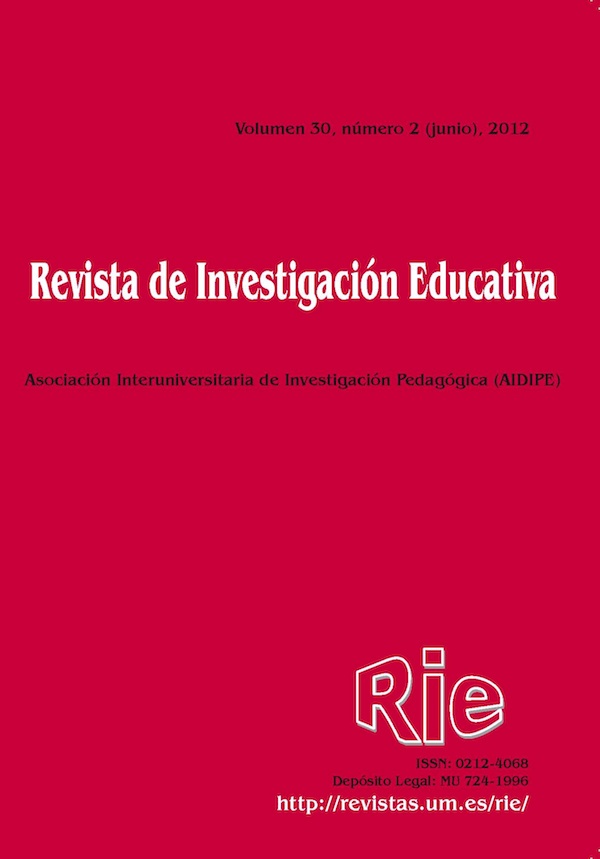Metric properties and dimensional structure of the spanish adaptation of a scale of assessment of self-perceived informational competence (IL-HUMASS)
Supporting Agencies
- Proyecto Nacional I D i
- convocatoria 2009
- Evaluación de Competencias Clave y Formación de Profesorado de Educación Secundaria
- TIC
- ALFIN Y Convivencia Escolar (EF-TALCO). Ref.
- EDU2009-08753.
Abstract
The aim of this study is to learn about the psychometric properties of the Spanish adaptation of a scale of perceived self-efficacy in informational competence. The questionnaire was administered to 192 students of the Spanish Master´s Degree in Secondary Education Teacher Training. The instrument, adapted from Pinto (2009), has 26 items grouped into four categories. In this article we analyse the self-efficacy dimension of this instrument, and include a validity and reliability analysis. Internal consistency is measured using Cronbach’s α coefficient, and factor analysis is used for construct validity. Results show the internal consistency of the questionnaire (alpha 0.903). In terms of structure, we found two additional factors with regard to what was expected. In conclusion, the modified scale is a valid and reliable instrument, which allows exploring subdomains of particular relevance for the development of informational competence among future secondary education teachers.
Downloads
-
Abstract1573
-
PDF (Español (España))1185
The articles and scientific documents published in RIE abide the following conditions:
1. The Servicio de Publicaciones de la Universidad de Murcia (the publisher) has the property rights (copyright) of all the documents published and allows the reuse under the user’s license indicated in point 2.
2. All documents are published in the digital edition of RIE under a Creative Commons Reconocimiento-NoComercial-SinObraDerivada 4.0 Internacional. (legal document) license. These documents can be copied, used, distributed, communicated and explained publicly if: i) the author(s) and its original source of publishing (magazine, publisher and URL of the document) are cited; ii) it is not used for commercial purpose; iii) the existence and the specifications about this license are mentioned.
3. Auto-archive’s conditions. The authors are allowed and encouraged to digitally distribute the pre-print versions (a version before evaluation) and/or post-print (a version that it is already evaluated and accepted to its publication). This promotes circulation and distribution earlier and can increase the citations and significance within the academic community.









